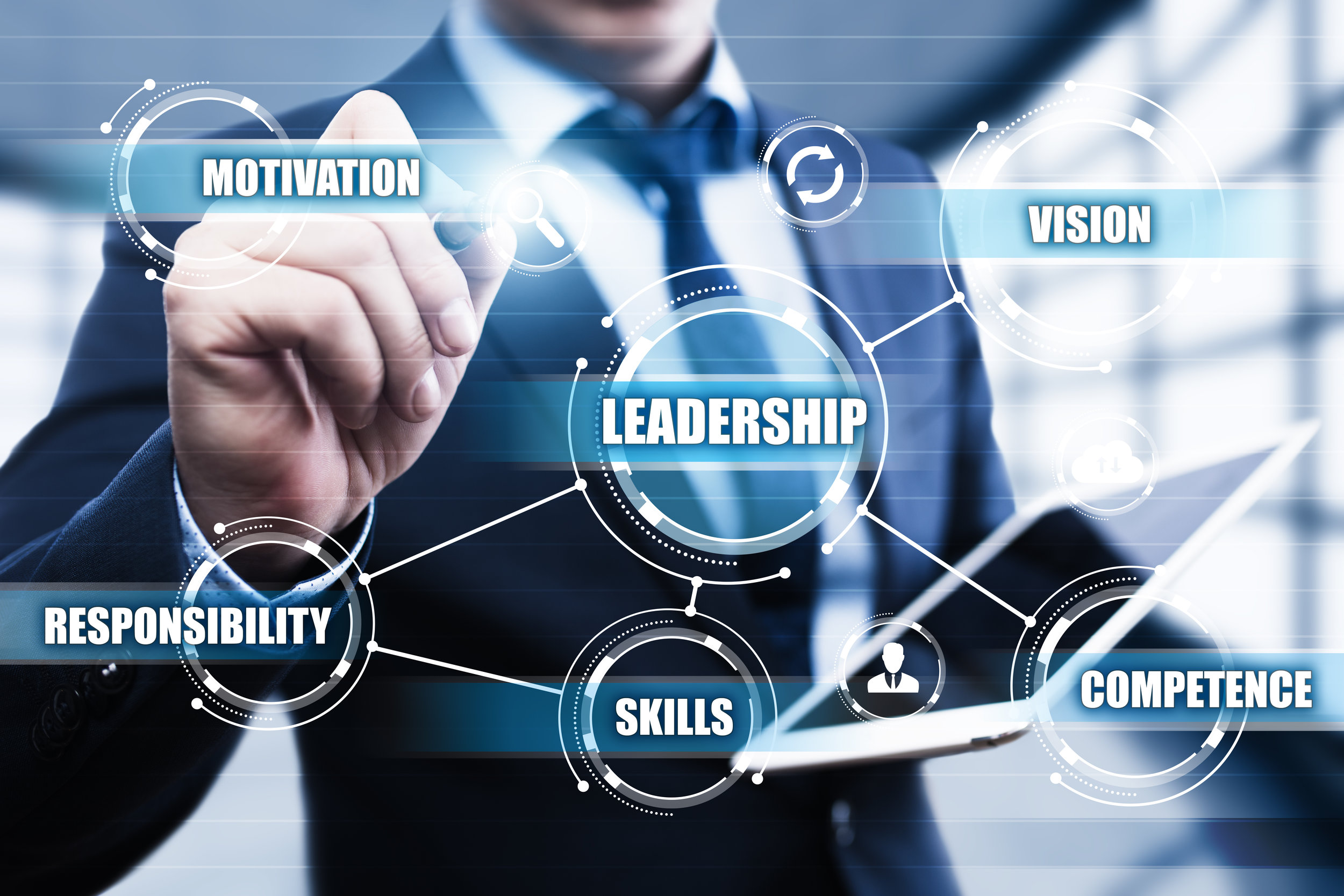In today’s fast-paced and evolving professional landscape, leadership skills are of the utmost importance.
Leaders are capable of implementing technical levels of contribution at an organizational level while taking responsibility for a specific number of human resources.
The following blog post explores what leadership is and the skills one needs to master to become an effective leader. Keep reading.
What is a Leadership Skill?
Leadership skills are a combination of soft skills and abilities to contribute at an organizational level. Individuals with leadership skills can oversee and guide initiatives and drive their employees to achieve organizational goals.
People with leadership skills demonstrate the capability to make thoughtful decisions about the goals and missions of the organization they are working for.
They are masterful planners, expert at delegating responsibilities, and possess the emotional qualities to empathetically handle team members while keeping their morals strong.
In social media marketing, corporate or IT platforms, these professionals are considered to be jacks of all trades. They are not only skilled at their personal responsibilities but also possess the capability to train and lead others.
How to Become an Effective Leader?
Leadership is a quality and a combination of multiple soft skills. While some professionals subconsciously develop these skills in their careers, some learn through training from an executive coach. The following are some skills a leader must possess–
Effective Communication
Keeping an open channel of communication is among the many responsibilities of an effective leader. They have to stay open to queries, doubts, and grievances coming from their teammates and communicate with transparency and empathy.
A successful leader is capable of relaying goals and responsibilities to their teammates. They are also capable of communicating ideas that speak loudly to people.
Empathy
A human being communicates what they feel. Open communication and transparency are the results of how a leader feels about his/her organization and the people working with them.
Their empathy resonates with the organizational goals and helps employees learn about the environment of the organization. A leader can impact employee morale through empathy and help individual contributors bring their best and add to the organizational goals.
Strategic Thinking
The responsibilities of a go beyond handling day-to-day responsibilities in their specific domain. In addition, they also have to handle critical challenges that require both emotional and intellectual skills to make a decision about.
A leader is a decision maker who makes well-researched and objective decisions based on scrutinized information. It can often lead an organization to help it achieve its goals.
Creativity
Whether working in IT or in a creative department, a leader must have a transformative mindset, ushering in creativity to their work. A capable leader always has a creative take on their responsibilities. Furthermore, they also excel at identifying creative minds and reward employees for their creative efforts.
Positive Mindset
A good leader exuberates positivity through their personality. They are always there to uplift and turn up the organizational spirit through their positive approach to work.
An effective leader brings in a productive and positive spirit within the team and always encourages others to give their best.
They are sometimes charismatic, pace-setters, and master diplomats. A leader’s positive mindset helps a healthy work culture to develop.
Conflict Resolution
When leading or working with a group of people, conflicts are bound to happen. That’s why a leader needs to always stay prepared for conflicting situations and similar challenges. An effective leader isn’t only responsible for taking care of the operational side of the team; they must also be able to manage conflicts.
Successful leaders must be level-headed and strong decision-makers with a good analytical approach.
Flexibility
A leader never loves to rest inside their own comfort zone. They can quickly adapt to changing working cultures and cultural environments. These professionals can always switch their professional hats, solve problems, and can improvise in mid-air.
A successful leader promotes engagement between employees and addresses both personal and professional issues that arise at work with a flexible approach. They are not only leading people, but also always ready to take constructive feedback from their teammates.
Conclusion
In conclusion, strong leadership qualities aren’t always a result of inborn qualities. In today’s world, it can be learned. An effective leader can acquire the aforementioned skills and apply them in their professional domain.
Was this article helpful? Let us know which of the leadership skills you deem the most important for leading an organization with efficiency.


